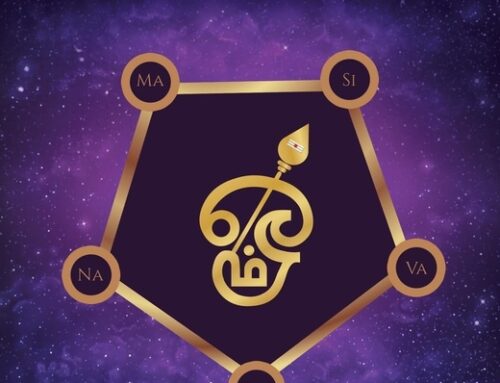
An innovative exploration of what is really needed to prepare for college is presented in Search: A Guide for College and Life by Barbara Roquemore EdD, an associate professor of Professional Learning and Innovation, and Jeff Duffey MD, a psychiatrist and author. Both specialize in work with students and offer useful insights for those entering college or moving through its stages.
Unlike many such guides, this book is geared toward looking both outward, at technical and practical considerations, and inward, at personal inclinations and ambitions. Issues covered include self-assessment and personal motivation, specific academic plans, lodging and sustenance, friendships with “fellow searchers,” honing one’s skills for the tasks ahead, and looking back on the experience. The authors provide illustrative case studies for the various choices and dilemmas a student may face.
Every college student knows that one of the main issues that looms large is money, so the authors cover this issue extensively and effectively – both the issue of affordability of college and once leaving school. One of the major reasons to get a degree is to enter the workforce, so good organization now can pay off later. Education offers job skills, social status, and many other pluses, and to succeed in college requires managing one’s time, setting good study habits, finding comfortable lodging either on or off-campus, and seeking out compatible, safe companions (the latter especially important for young women). The book also cover issues such as diet, sexuality, sleep, and basic etiquette in order to mix well with fellow students.
As is plain, Roquemore and Duffey have created a manual that will serve a potential student well, and more generally any young person on the brink of a new experiment in living. Instead of merely providing the usual template – where to go, what to sign up for, what lists to make – the pair have delved deeply into the experience of facing a huge and often daunting set of circumstances. This approach is nowhere better typified than in their advice regarding “Selecting Teachers.” Here they suggest checking out potential professors on Uloop or similar apps.
As with other wisdom, this recommendation speaks the language of the authors’ audience of young, intelligent readers, and they never shy away from difficult topics. This is where the book may be most useful, which is a reflection of the authors’ combined experience. The book includes a lengthy section of suggested resources in addition to those they cite in the narrative, where the authors describe the sorts of drugs one might experiment with and the damage that each will cause, from marijuana to fentanyl to cocaine. Similarly they offer advice about major mental disorders and treatment options, and the “Affirmations After a Break-up” can be invaluable in restoring self-esteem.
Given the breadth of subject matter and engaging tone of the writing, the cover doesn’t quite represent what’s inside, as it may be too generically professional for a younger generation. That issue aside, Search is a highly useful and wide-ranging guidebook that should be helpful for students to avoid common pitfalls with higher education and post-graduation, while bringing up a bevvy of issues that many might not have considered.
Book Links
STAR RATING
Design
Content
Editing
Get an Editorial Review | Get Amazon Sales & Reviews | Get Edited | Publish Your Book | Enter the SPR Book Awards | Other Marketing Services






















Leave A Comment